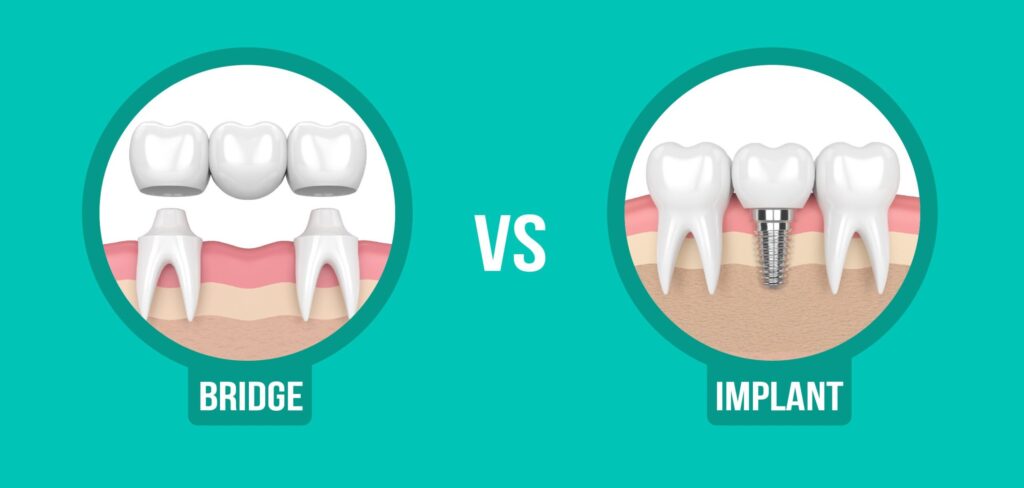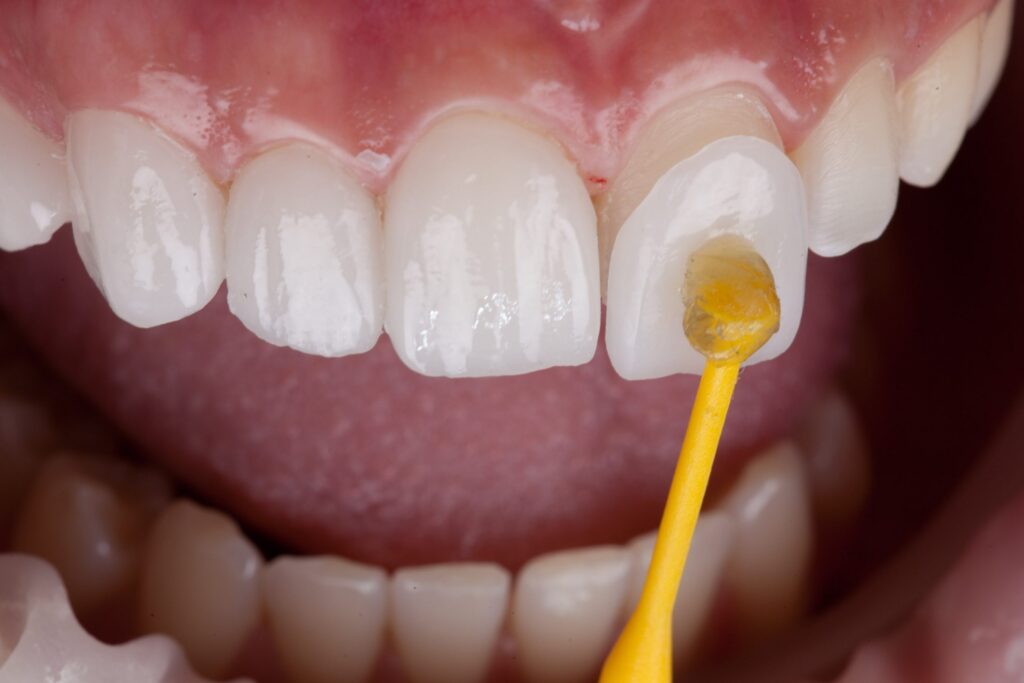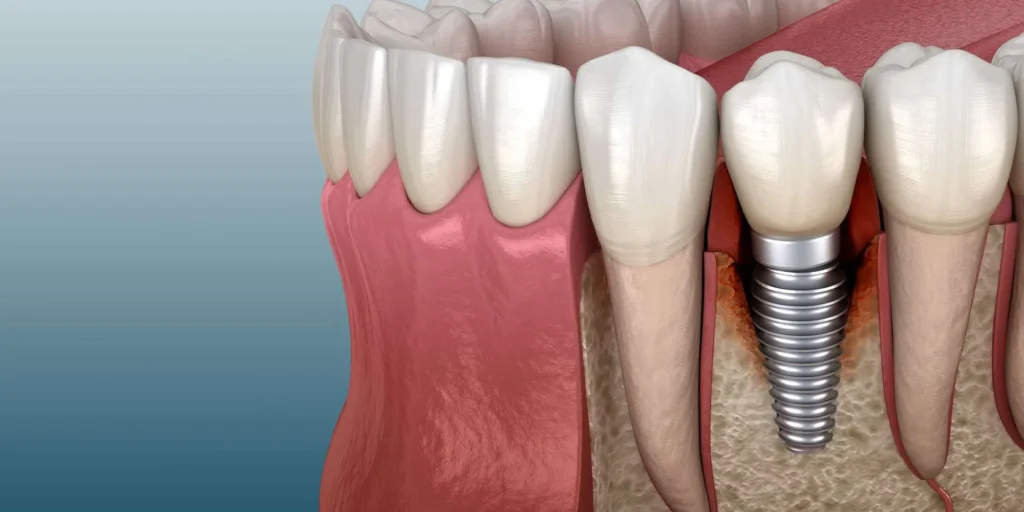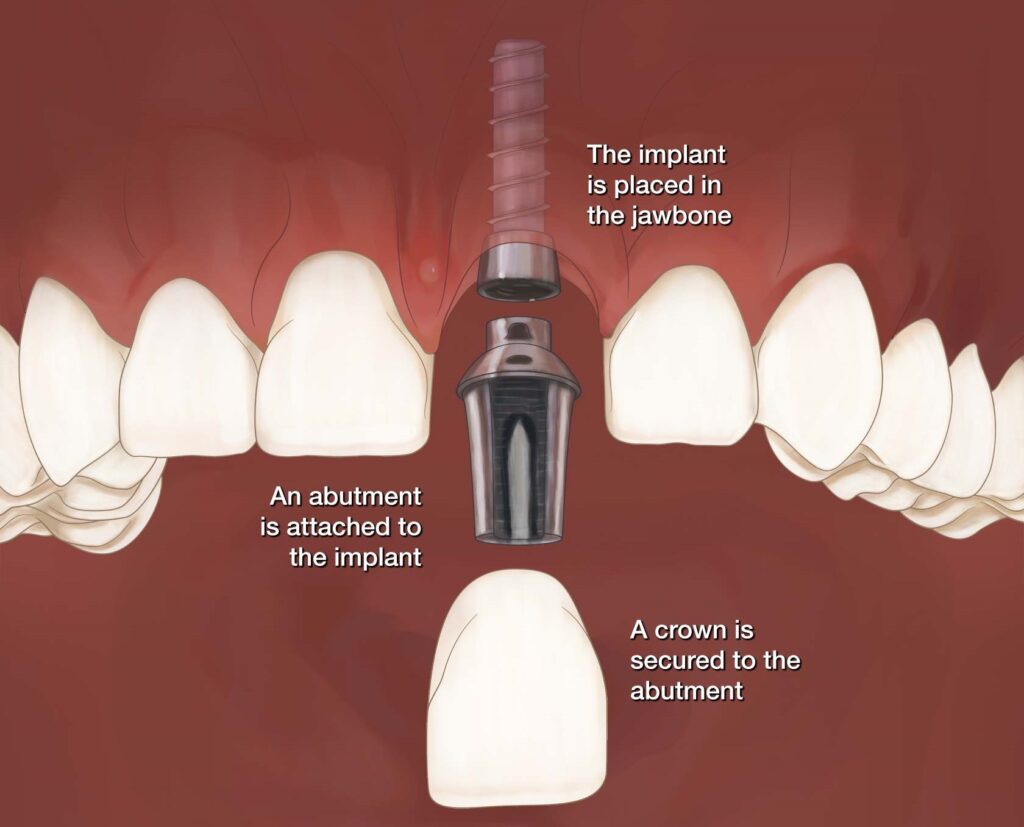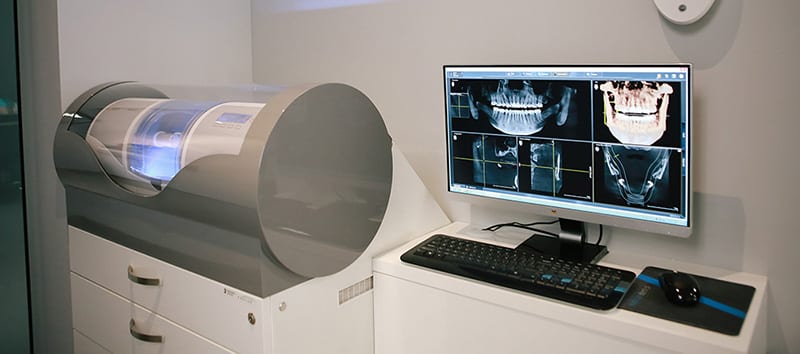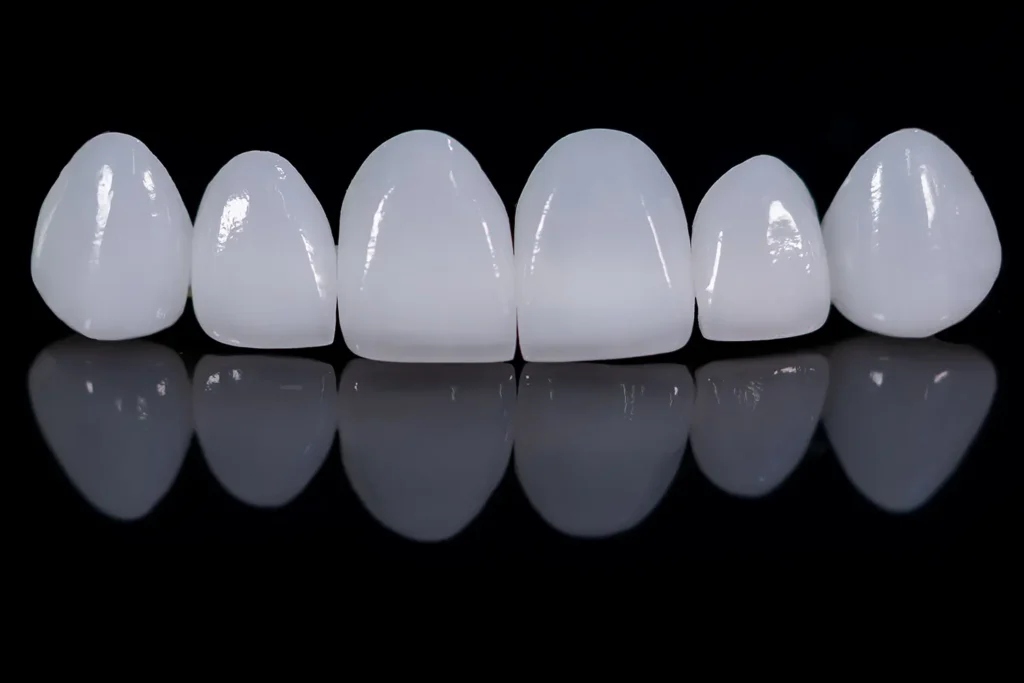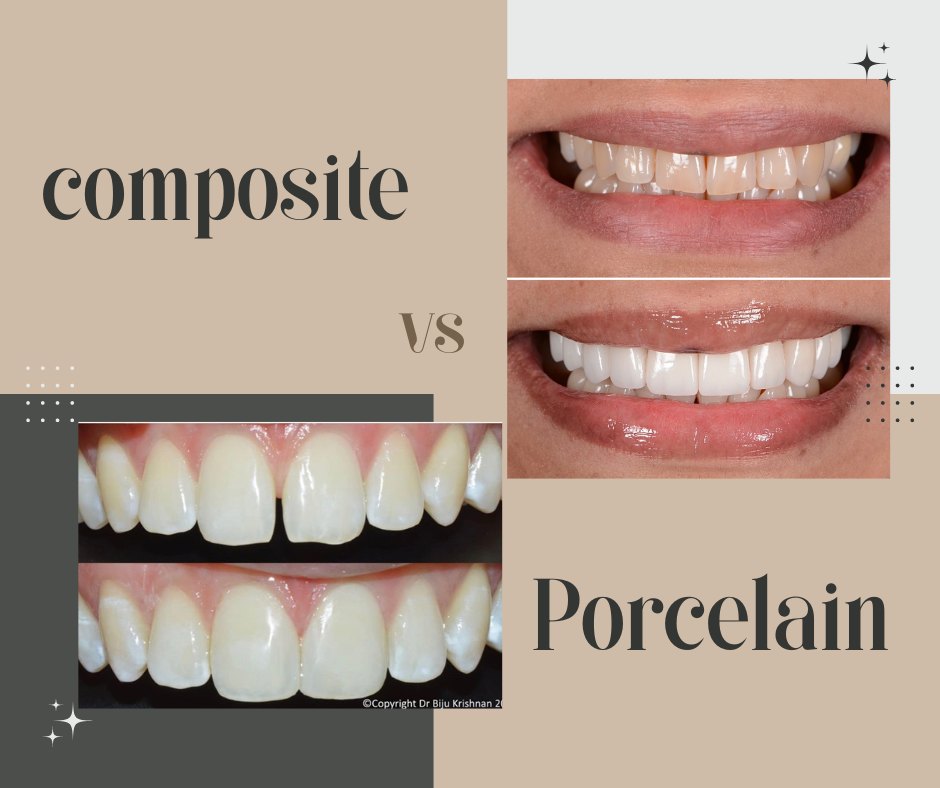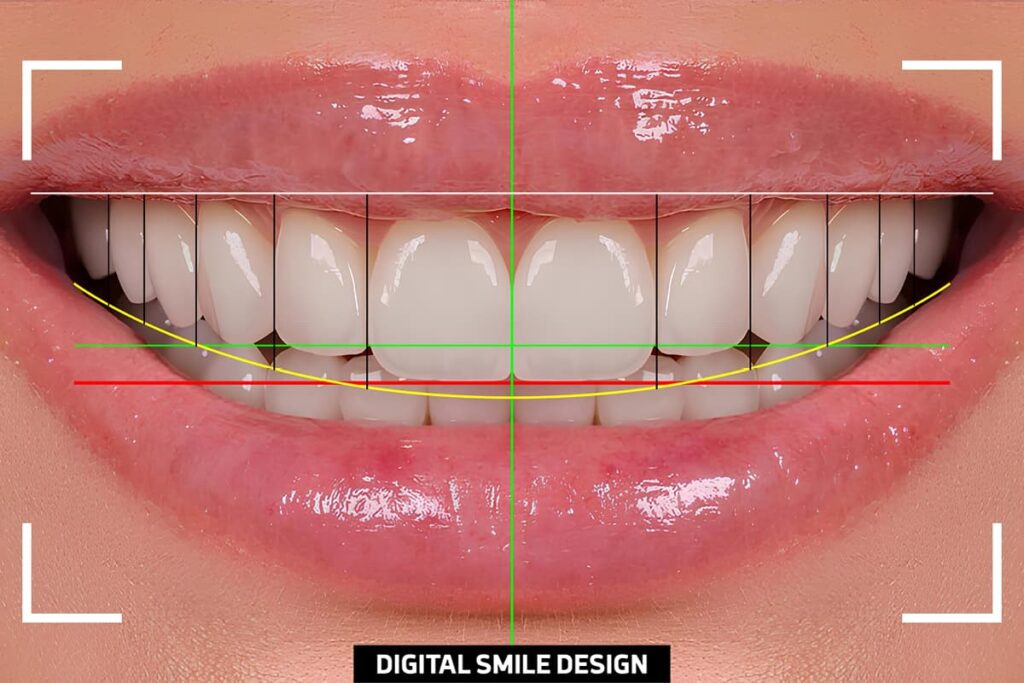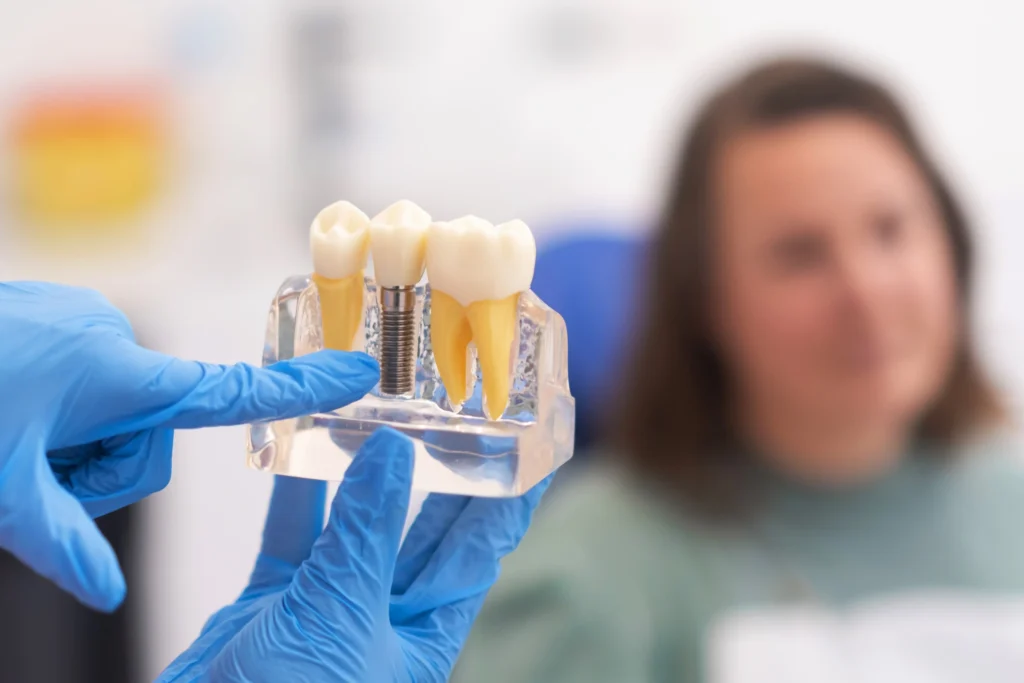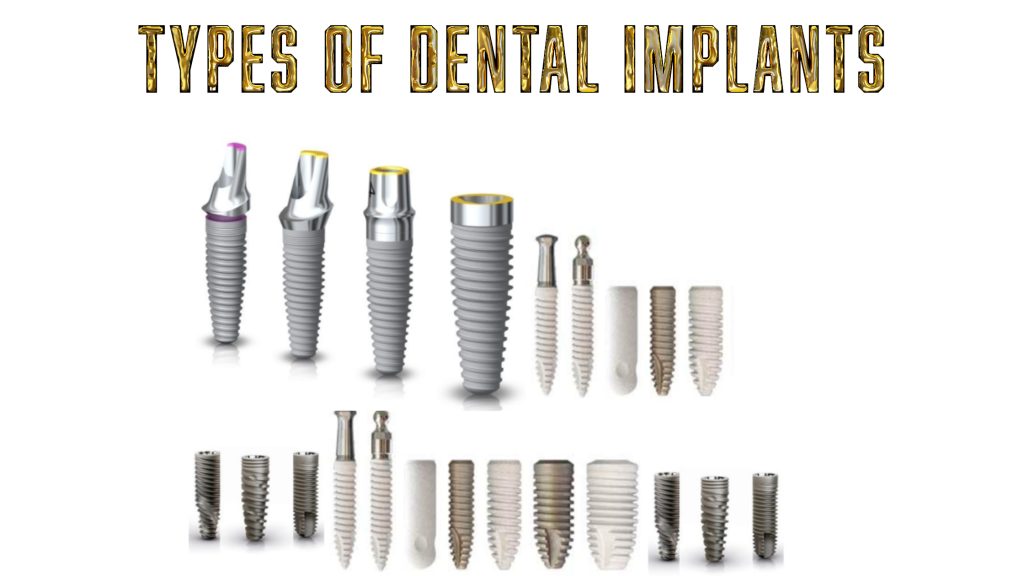Dental Implants vs Bridges: Which Is Better for Missing Teeth?
A dental implant consists of a titanium post that acts like a tooth root in your jawbone, topped with a crown. Its biggest advantages are preserving adjacent teeth and preventing bone loss. While implants last longer (15-25 years), they cost more and require several months of treatment. The dental implants vs bridges comparison shows bridges as a […]
Dental Implants vs Bridges: Which Is Better for Missing Teeth? Read More »

